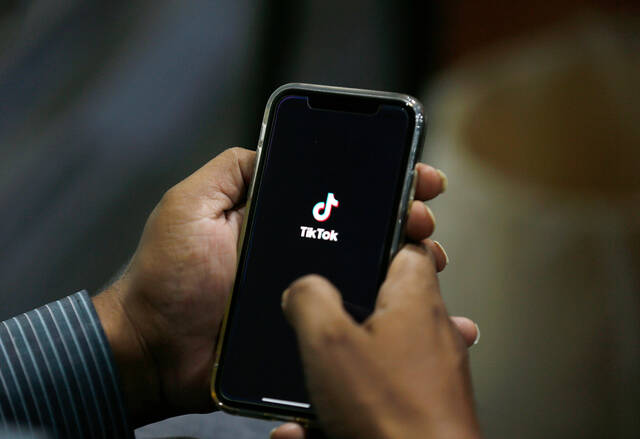It started with about 30 students, half a world away, getting a Carnegie Mellon education in Rwanda.
Eleven years later, the number of students has increased tenfold as CMU-Africa aims to be a key player in the digital transformation of the continent, according to CMU College of Engineering Dean Bill Sanders.
“The education and career opportunities are changing people’s lives,” Sanders said.
Located in Rwanda’s capital of Kigali, the African campus offers three graduate degree programs through the College of Engineering: electrical and computer engineering, information technology and engineering artificial intelligence.
As part of the original agreement with Carnegie Mellon, Rwanda provided campus facilities in the capital, which CMU staffs and operates. The Rwandan government was expected to pay the university nearly $100 million for its services over 10 years.
While the campus has grown throughout its lifespan, it has flourished in recent years.
Two years ago, 150 students were enrolled. Now, roughly 300 students call CMU-Africa their home.
“It’s been a very good growth with a very high demand,” said Sanders, who added that the university continues to limit the number of students who can enroll to maintain the quality of education.
Related
• CMU signs contract to open campus in Rwandan capital• CMU graduates its first class in Rwanda
Twenty-one African countries are represented in the campus’s student body. Junias Bonou, a student studying information technology from Cotonou, Benin, believes CMU-Africa is one of the “most diverse” settings he will ever be part of.
“This has to be one of the most culturally rich experiences possible,” Bonou said in a written statement. “Now, I can at least say a few words in Swahili, Kinyarwanda, Ewe, Kirundi and Amharic, among others.”
Students at the African campus receive the same quality of education that their Pittsburgh counterparts do, Sanders said. Their degrees are CMU degrees and don’t indicate they attended the African campus.
Additionally, CMU fosters collaboration between Pittsburgh and Kigali students. CMU-Africa students can take Pittsburgh classes remotely, and students at both campuses have traveled across the Atlantic Ocean for research purposes.
The goal
Ultimately, the goal is to ensure CMU-Africa students become leaders of Africa’s digital transformation. The majority of CMU-Africa students — over 90% — stay on the continent after they graduate.
Information technology student Opelo Tshekiso hopes to use her CMU degree to enter the telecommunications industry. Tshekiso said there is currently a lack of infrastructure on the continent, and those limitations hold back mobile network providers.
“What we need is an infrastructure perfectly suited to the needs of African people,” wrote Tshekiso, who is from Mmadinare, Botswana.
CMU-Africa wants to welcome more students, offer more programs and conduct more research.
A recent financial commitment from the Mastercard Foundation may bolster those goals. Mastercard will provide a $175 million endowment to perpetually fund CMU-Africa and $100.7 million to establish the campus’s Center for the Inclusive Digital Transformation of Africa.
In addition to accelerating CMU-Africa’s growth, the partnership has enabled CMU-Africa to build the African Engineering and Technology Network, a collaboration of 10 technology-focused African universities.
Such investments and collaborations could “transform” lives, Sanders said.
“With that strong foundation we’ve made in both education and research, I’m so excited to see what the next steps will bring,” he said.











